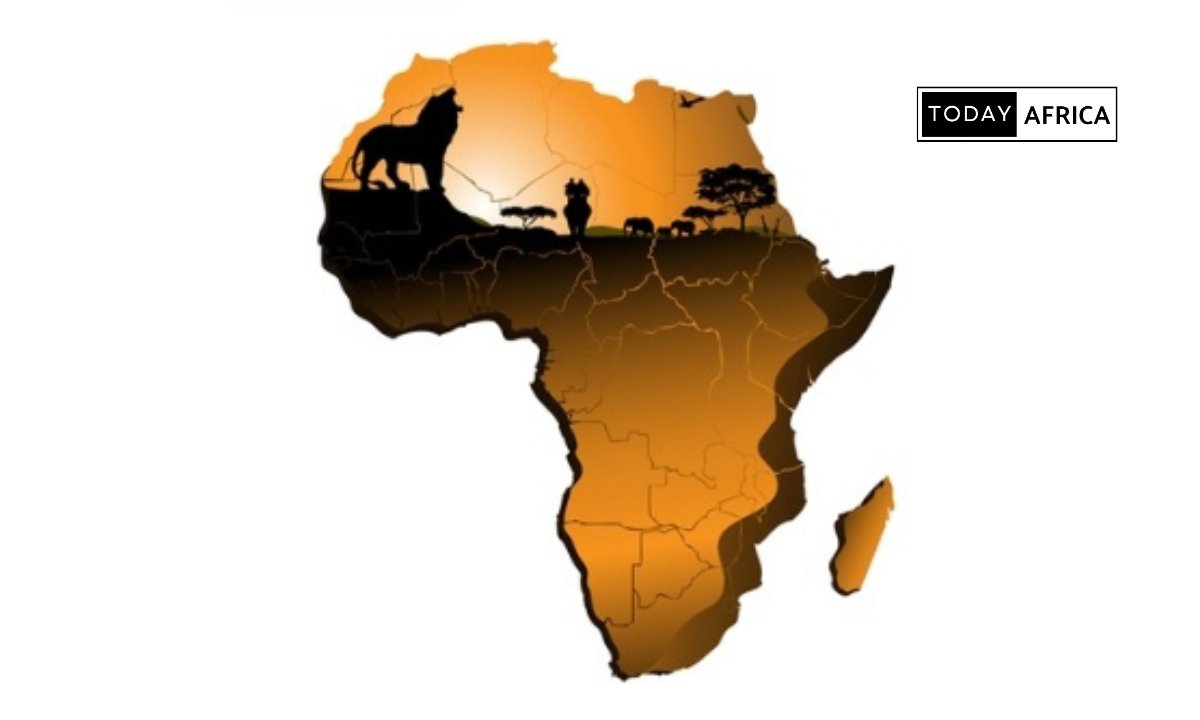SORA Technology, a Japan-based drone and aerial technology company, is scaling its footprint across Africa with a strategic push to combat malaria using AI-powered fixed-wing drones.
Starting August 25, the company will begin deploying drone fleets to 15 African countries, aiming to drastically cut malaria rates through precision mosquito control.
SORA’s flagship model uses drones for Larval Source Management (LSM) — a targeted mosquito control method.
Instead of traditional wide-area spraying, SORA’s AI-driven drones scan environments such as swamps, riverbanks, farms, and other waterlogged zones to identify mosquito breeding sites. Once identified, drones spray larvicides with surgical precision.
“We use two types of AI,” said CEO Yosuke Kaneko. “Imaging AI helps us find and map mosquito breeding sites, while deep learning helps us rank which ones pose the highest risk.”
Efficiency gains through technology
| Metric | Traditional Methods | SORA Drone-based LSM |
|---|---|---|
| Chemical Use | 100% | ↓ 70% |
| Operational/Labor Costs | 100% | ↓ 50% |
| Targeting Precision | Low | High (AI-guided) |
| Speed of Execution | Manual & slow | Automated & fast |
These efficiency gains not only reduce the environmental impact but also make malaria interventions more cost-effective and scalable.
Africa’s malaria crisis: a timely intervention
Africa continues to bear the heaviest burden of malaria globally, accounting for:
- 90%+ of global cases and deaths
- $12 billion in economic losses annually
With climate change expanding mosquito habitats and growing resistance to insecticides, there’s a rising demand for innovative, targeted solutions like SORA’s LSM drones.
Countries covered in SORA’s expansion
| Region | Countries |
|---|---|
| West Africa | Nigeria, Ghana, Benin Republic, Niger Republic, Sierra Leone, Cote D’Ivoire |
| Central Africa | DR Congo |
| East Africa | Kenya, Ethiopia, Uganda, Rwanda, Tanzania |
| Southern Africa | Malawi, Mozambique |
| Total | 15 countries (from 6 previously) |
Each country is expected to receive ~100 drones for deployment
See Also: CAC defends new AI portal amidst complaints
SORA vs. Zipline: collaboration, not competition
While both operate in the African drone ecosystem, SORA and Zipline Africa serve different niches:
| Feature/Focus | SORA Technology | Zipline Africa |
|---|---|---|
| Main Services | Malaria control, disease surveillance, crop spraying | Medical delivery (vaccines, blood, supplies) |
| Drone Type | Fixed-wing drones with AI imaging | Fixed-wing long-range delivery drones |
| Use Cases | Health, agriculture, manufacturing | Health logistics |
| Current Strongholds | Ghana, Sierra Leone, expanding across Africa | Rwanda, Ghana, Nigeria, others |
| Relationship | “Collaborators, not competitors,” says CEO Kaneko | N/A |
Funding and future plans
SORA’s growth strategy is backed by a recent $4.8 million seed round (March 2025), led by Japanese VC firms:
| Investor | Type |
|---|---|
| Nissay Capital | Venture Capital |
| SMBC Venture Capital | Venture Capital |
| DRONE FUND | Sector-Focused VC |
| Rheos Capital Partners | Private Equity |
Use of funds
- Expand drone fleet across Africa
- Enhance AI-based disease forecasting tools
- Hire local talent for operations
- Build a drone assembly plant in Africa
- Launch a malaria-focused commercial drone (starting August 2025)
Impact goals for 2025
| Metric | Target |
|---|---|
| Countries covered | 15 |
| Drones deployed | ~1,500 total (100 per country) |
| People reached | 100,000 by year-end |
| Local workforce involved | Community leaders, health workers, and trained residents |
“African governments have always shown interest in drone technology,” Kaneko emphasized. “But never had the means to implement it. That’s the gap we are helping to close.
SORA Technology’s bold expansion across Africa is more than a tech deployment — it’s a blueprint for AI-driven public health transformation.
By combining aerial intelligence, precision spraying, and local partnerships, SORA aims to not only control malaria but also unlock new possibilities across agriculture, healthcare, and logistics in the continent.
Leave a comment and follow us on social media for more tips:
- Facebook: Today Africa
- Instagram: Today Africa
- Twitter: Today Africa
- LinkedIn: Today Africa
- YouTube: Today Africa Studio
















